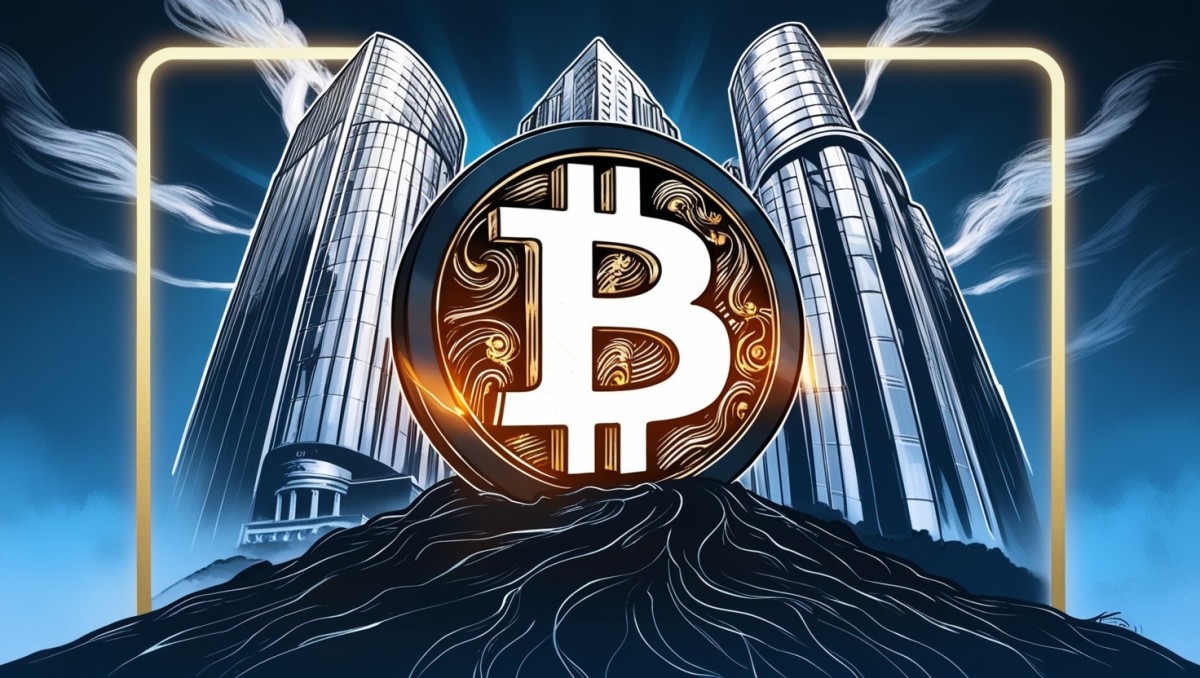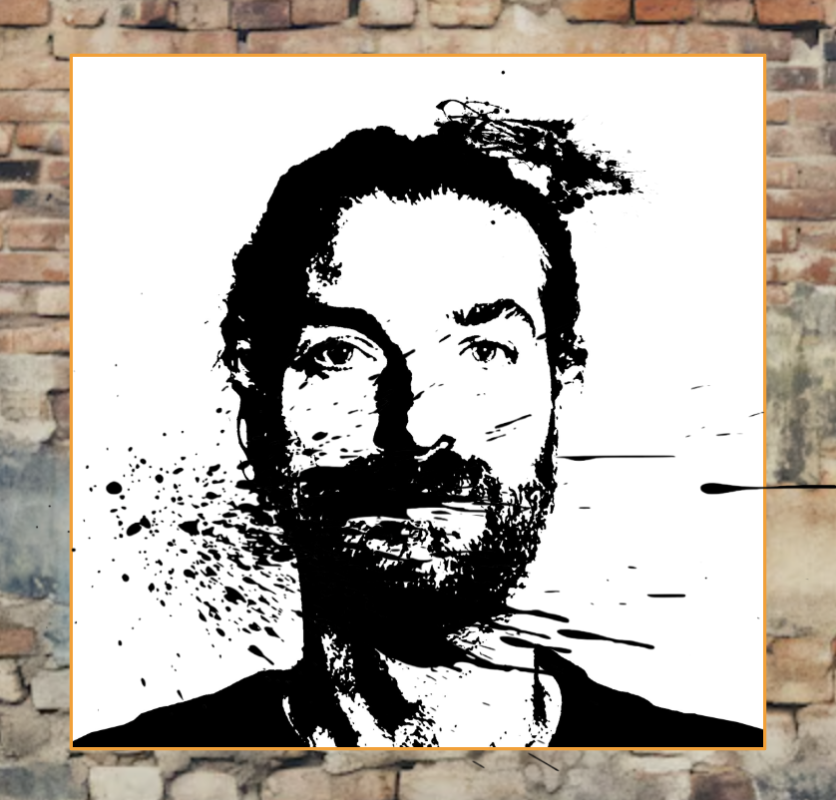No, BlackRock Won’t (Necessarily) Ossify Bitcoin



In his Take from Wednesday, Shinobi argued that the surge of institutional bitcoin adoption will lead to premature ossification of the Bitcoin protocol. While I share this concern to an extent, I am less convinced this is necessarily true.
Bitcoin is inherently a permissionsless system. For protocol changes specifically, it “just” requires users to upgrade their software. And when it comes to deploying soft forks, it really only needs a majority of miners to upgrade. (This is admittedly a simplification for the sake of brevity, but I’d say it’s still “true enough” to state it this way.)
Miners will for the most part follow economic incentives. If a protocol upgrade makes Bitcoin (say) more scalable or more private, there is actually good reason to think this would make Bitcoin more valuable, which in turn means there is good reason to think miners will activate the upgrade.
Even in an extreme scenario where a soft fork occurs through a user activated soft fork (UASF) that splits the blockchain, and even if in this scenario the institutions prefer the legacy version of the chain (this is the scenario Shinobi is ultimately envisioning), it’s not obvious to me that the non-upgraded chain would “win”.
Just owning lots of bitcoin does not give you a “say” on which side of a chain split is more valuable. Initially, everyone receives coins on both sides. Only if you’re willing to buy or sell these coins (eg.: “dump” coins on one side of the split to get more coins on the other side) does your economic weight matter. But this means you have to take a risk: skin in the game.
Would big institutions really be willing to bet everything they own on the version of the protocol without the upgrade? That’s a big assumption to make.
This article is a Take. Opinions expressed are entirely the author's and do not necessarily reflect those of BTC Inc or Bitcoin Magazine.
No, BlackRock Won’t (Necessarily) Ossify Bitcoin



In his Take from Wednesday, Shinobi argued that the surge of institutional bitcoin adoption will lead to premature ossification of the Bitcoin protocol. While I share this concern to an extent, I am less convinced this is necessarily true.
Bitcoin is inherently a permissionsless system. For protocol changes specifically, it “just” requires users to upgrade their software. And when it comes to deploying soft forks, it really only needs a majority of miners to upgrade. (This is admittedly a simplification for the sake of brevity, but I’d say it’s still “true enough” to state it this way.)
Miners will for the most part follow economic incentives. If a protocol upgrade makes Bitcoin (say) more scalable or more private, there is actually good reason to think this would make Bitcoin more valuable, which in turn means there is good reason to think miners will activate the upgrade.
Even in an extreme scenario where a soft fork occurs through a user activated soft fork (UASF) that splits the blockchain, and even if in this scenario the institutions prefer the legacy version of the chain (this is the scenario Shinobi is ultimately envisioning), it’s not obvious to me that the non-upgraded chain would “win”.
Just owning lots of bitcoin does not give you a “say” on which side of a chain split is more valuable. Initially, everyone receives coins on both sides. Only if you’re willing to buy or sell these coins (eg.: “dump” coins on one side of the split to get more coins on the other side) does your economic weight matter. But this means you have to take a risk: skin in the game.
Would big institutions really be willing to bet everything they own on the version of the protocol without the upgrade? That’s a big assumption to make.
This article is a Take. Opinions expressed are entirely the author's and do not necessarily reflect those of BTC Inc or Bitcoin Magazine.

